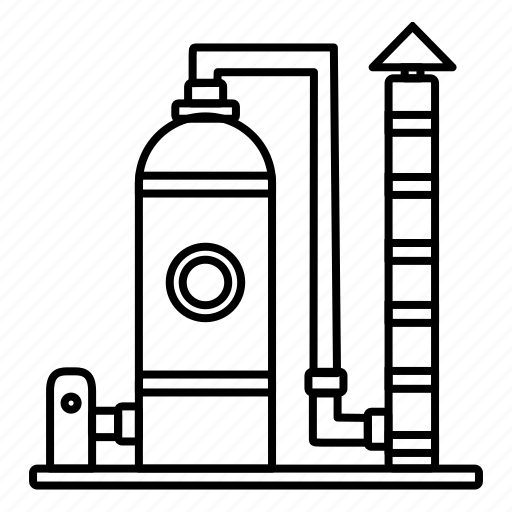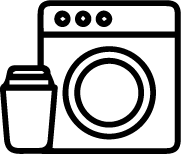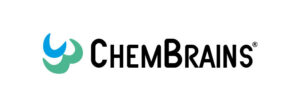514-2081376
Promote the treatment and recycling of processes’water, at the source.
Markets
Control, recycling and reuse of water at the source in different markets
In the majority of industries, process discharges are treated with conventional technologies involving dosages of various chemicals and the use of adsorbent materials such as activated carbon. These technologies generate large quantities of sludge and / or toxic residues, considered as hazardous materials, often disposed of in landfills. However, we often find in these discharges, materials that can be recovered. This is the case with many metals present in the effluents of various industries, such as metal surface treatment, machining, etc., which can be recovered, recycled and reused, instead of disposing of them. Common examples are copper, silver and nickel. Metal parts inspection workshops using non-destructive testing (NDT) and fluorescent penetrant inspection (FPI) use formulations based on alcohols and oils that are found in the rinses that are currently treated with activated carbon filters.
Likewise, the conventional management of industrial discharges requires, in the majority of cases, the transfer of treated water to a centralized treatment facility where the water is then discharged into the environment. However, in many cases, the treated water can be recycled and reused in a closed loop in the operation of the plant, if the treatment technologies are well chosen and well adapted. This is the case, for example, with gray water.
In some cases, the company is obliged to eliminate its own residues and effluents and dispose of them at specialized sites. This situation is common in the case of construction sites in remote areas, campsites, etc. This is also the case with water from wet washers, commonly called scrubbers.
ChemBrains makes clean and green technologies available to businesses, communities and municipalities, making it possible to convert these discharges into value-added products and reusable clean water, thus reducing their operating costs, improving their environmental impact and contributing to planetary efforts to reduce GHG emissions.
Champs d'application

Surface treatment and machining workshops
- Treatment of rinsing water contaminated by metals (Cr, Ni, Cd, Cu, Zn, cyanides, etc.)
- Metals recovery and recycling
- Eliminate the use of hazardous chemicals

NDT and FPI inspection workshops
- Treatment and recycling of rinsing water
- Recovery and reuse of penetrating liquids
- Eliminate the use and handling of activated carbon
- Eliminate the disposal of contaminated

Public parks
- Treatment and reuse of water from water games, in a closed loop
- Drastic reduction in water wastage
- Water quality control

Industrial emissions
- Closed loop scrubber water treatment
- Destruction of organic contaminants
- Metal recovery

Laundries
- Treatment and recycling of gray water from industrial laundry rooms
- Drastic reduction in water use

Construction site sanitation
- Recovery and treatment of water from sinks and showers in mobile trailers on construction sites and campgrounds
- Safe reuse of water for flushing toilets or washing
